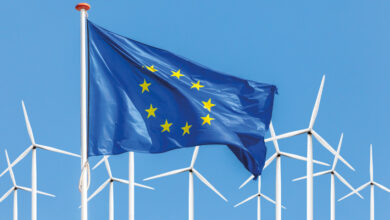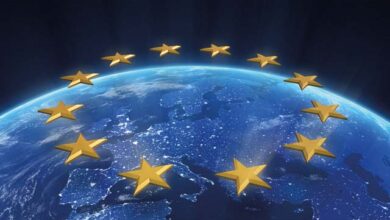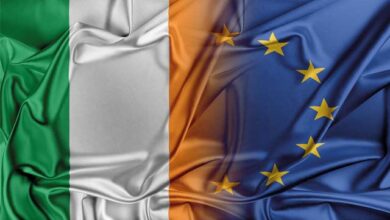Working within Europe
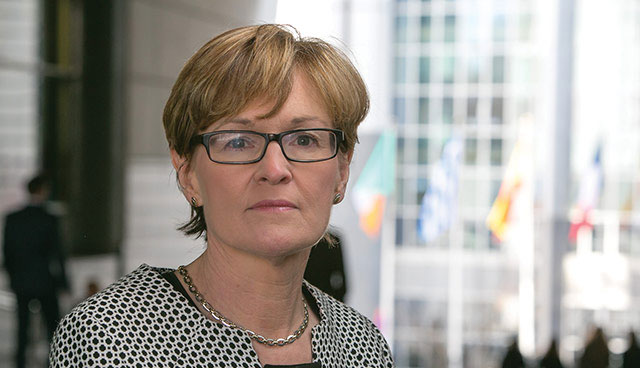
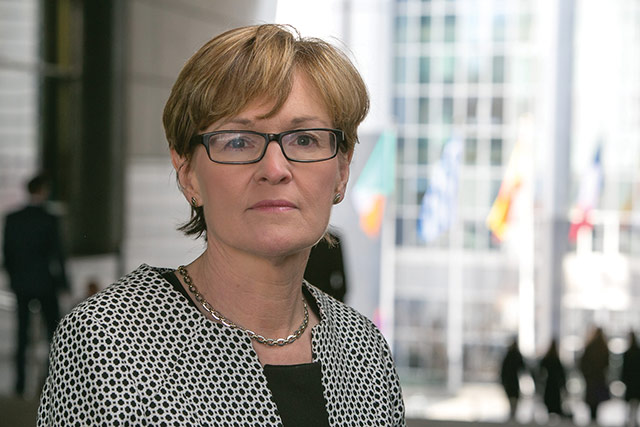
eolas speaks to Fine Gael MEP and Vice President of the European Parliament Mairead McGuinness about the wide ranging impact of Brexit for Ireland and the EU.
What do your current roles within the European Parliament entail?
I am Vice-President of the European Parliament and chair debates and as a member of the bureau I am involved in the running of the parliament. I am specifically responsible for information policy, press and citizens relations, the Parliament’s scientific research body, STOA, and Mediator for Children’s Rights. I am also a member of the Agriculture and Rural Development Committee and a substitute on the Environment, Public Health and Food Safety Committee.
How do you foresee the overall impact of a Brexit, in particular, on the agri-food sector in Ireland?
The overall impact of a Brexit will depend on the deal that is reached between the UK and the EU on their future relationship. The relationship with the UK is particularly significant for the agri-food sector: the UK remains Ireland’s largest market for food and drink exports and Ireland is also the UK’s largest export market for food and drink. Teagasc and Bord Bia have both analysed the potential impact on the Irish agri-food sector and suggest that the impact is likely to be negative, although just how negative depends on the settlement reached between the EU and the UK.
Unfortunately the uncertainty caused by the outcome of the referendum is giving rise to concerns. Currency fluctuations are difficult for exporters to manage. Investment decisions may be delayed because of uncertainty.
What level of status and influence does Ireland currently have with the EU Commission?
The Irish EU Commissioner is Phil Hogan, who holds the influential agriculture brief, putting Ireland in a strong position, particularly with regard to the agri-food sector. MEPs have direct access to all Commissioners and can inform and influence by this direct contact. This will be very important when the UK triggers Article 50 and the exit negotiations begin.
With the UK set to leave the EU, what role will Ireland take in the negotiation process?
Ireland will be 1 of 27 member states, whose interests must all be represented in the negotiations with the UK. EU member states do recognise Ireland has a special position, given its geographical, economic, cultural and historical close links with the UK. My colleagues in the European Parliament have already shown this awareness and been open to hearing and responding to the Irish perspective but Irish MEPs and the Irish government must continue to be vocal about Ireland’s position.
What are the priorities in terms of what must be secured in a Brexit deal?
A Brexit deal should be fair, as far as is possible, to all sides. We must recognise that the majority of voters on 23 June expressed their desire to leave the EU and this must be respected. It is up to the UK to start the formal exit process. It would be wonderful if nothing were to change in the EU/UK relationship but that is wishful thinking and we have to make sure that whatever changes come about do least harm to Irish and EU interests, while respecting the wishes of the UK. But I don’t underestimate how difficult the process will be or indeed how long it might take.
Would you advocate EU reform and if so what aspects would you like to see changed?
In many ways, the UK referendum was fought on issues not relating to the realities of the EU. But the UK referendum does provide an opportunity for reflection on how the EU could do better. For example, we need to strengthen the Eurozone, as the economic recovery has not reached everyone and far too many people, particularly young people, are unable to find employment. There is also a great deal to be done on clarifying the role and actions of the EU for citizens, partly by EU leaders, but this is also a task for national governments and national politicians, who have found that blaming the EU for practically all problems, many of them home grown, is a useful escape from accepting responsibility themselves. The EU is a voluntary coming together of member states and its success or failure to reform will depend on the willingness and commitment of the member states. The European Parliament as representing the views of citizens will have a pivotal role to play. The EU will do less legislation but needs to tackle the big issues which concern people including migration, climate change, unemployment and security.
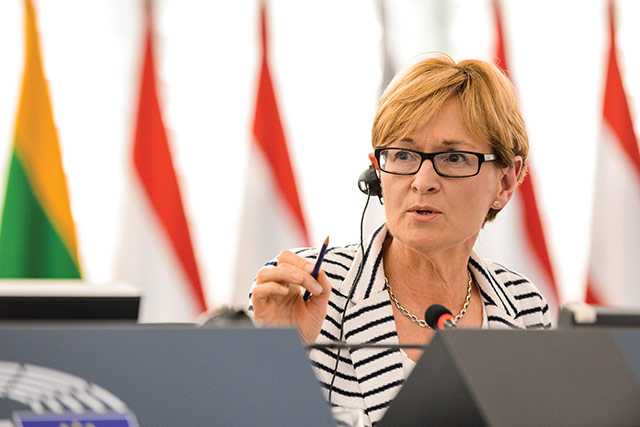
Are there any upsides for the Irish economy, assuming Brexit becomes a reality?
Again, the economic outlook depends strongly on the future relationship that is negotiated and the extent to which Britain maintains its access to the Single Market. But one sector that would be well-placed to benefit would be the financial services industry, if the City of London loses its ‘EU passport’ that allows it to operate across Europe.
Do you believe Northern Ireland or Scotland can be retained within the EU based on their regional vote to remain?
This might be possible, but much depends on political will. Perhaps Scotland will choose to leave the United Kingdom and rejoin or stay a member of the European Union. Or maybe a constitutional arrangement could be developed whereby both Northern Ireland and Scotland, which already have different constitutional arrangements from England and Wales including their own assembly and parliament respectively, stay both within the United Kingdom and within the European Union. This is all in the realm of speculation. One thing for certain in all the uncertainty is that the future is less clear than the past and all options will be explored by those wishing to remain within the EU.
Is an Irish border poll inevitable in the wake of the Brexit decision?
A majority of voters in Northern Ireland voted in support of the United Kingdom remaining within the European Union. This does not necessarily translate into support for a united Ireland but a border poll is a possibility provided for in the Good Friday Agreement under very specific conditions.
Do you believe Enda Kenny is the right person to lead the country into negotiating the UK’s exit from the EU?
Enda Kenny has built strong relationships with the UK government during his time in office, so I am confident that he has the necessary skills, experience and respect at EU and UK level to lead the country during this time.
Going forward, what issue do you believe Ireland should focus on while negotiating a Brexit within Europe?
There are a number of important issues that Ireland must focus on. The border is perhaps at the top of the list, but there are also the issues of customs and tariffs, as well as important economic sectors such as agri-food, financial services and energy. Of course, Ireland will also be concerned about what happens to Northern Ireland when the reality of Brexit is known.

